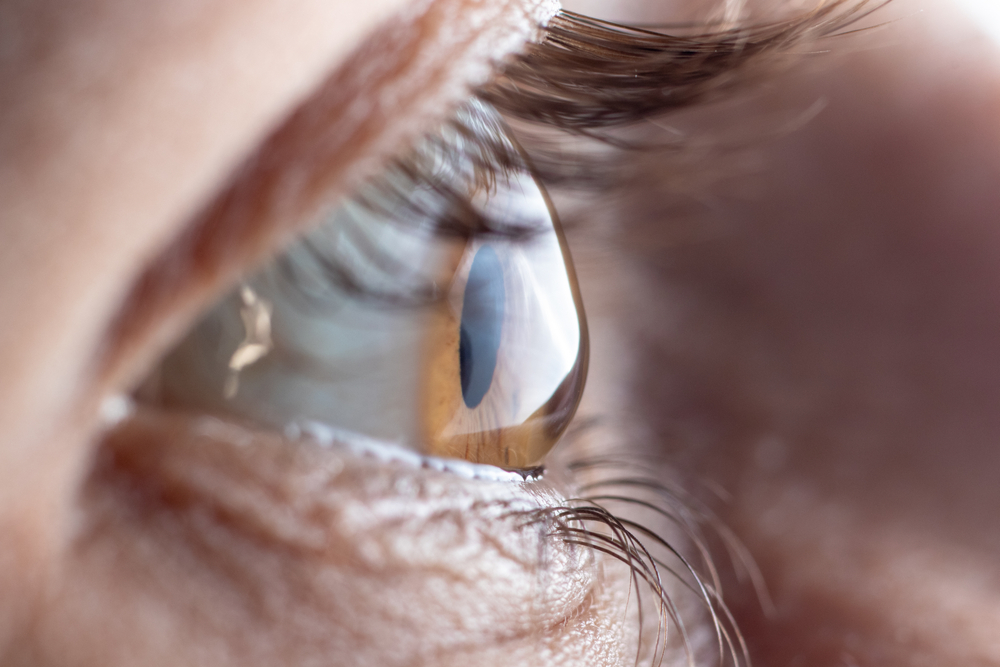
Keratoconus is not as commonly discussed as conditions such as near-sightedness or astigmatism, but it significantly affects the quality of life of those who have it. In the journey of understanding this condition, it's essential to equip yourself with accurate information. This knowledge will not only help you understand what you're dealing with but also provide you with the necessary tools to make informed decisions about your health.
What is Keratoconus?
Keratoconus is a progressive eye disease in which the normally round cornea thins and begins to bulge into a cone-like shape. This cone shape deflects light as it enters the eye on its way to the light-sensitive retina, causing distorted vision.
The changes to the cornea can progress quickly or slowly, and it can happen in one eye first or both at the same time. It usually starts to show in the late teenage years or early twenties.
If you have a family history of keratoconus, you are at a higher risk of developing it. Certain allergic conditions such as asthma, eczema, and hay fever have also been linked to keratoconus.
Recognizing the Symptoms of Keratoconus
Some of the early symptoms of keratoconus are blurred or distorted vision, increased sensitivity to light and glare, and mild eye irritation. As the disease progresses, these symptoms typically worsen, and additional symptoms may appear such as sudden clouding of vision and the need for frequent changes in eyeglass prescription.
Individuals with keratoconus often have to change their eyeglass or contact lens prescription frequently as the shape of the cornea continues to change. You may find it increasingly challenging to perform daily tasks like reading, driving, or even recognizing faces.
Can Keratoconus Lead to Blindness?
While keratoconus can significantly impact your vision, it's unlikely to cause complete blindness. However, in extreme cases, a corneal rupture can cause severe vision impairment.
Even though keratoconus does not typically lead to total blindness, it can drastically affect your quality of life. Tasks that require sharp vision, like driving or reading, may become difficult. It's important to monitor any changes in your vision and seek medical attention if you experience rapid vision deterioration.
Treatment Options for Keratoconus
Keratoconus can be managed and treated effectively. Early stages of the disease can be corrected with glasses or soft contact lenses. As the disease progresses, rigid gas permeable (RGP) contact lenses may be necessary to correct vision more effectively.
There are also several surgical options available for treating keratoconus. Corneal cross-linking is a procedure used to strengthen the cornea and halt the progression of the disease. It's essential to discuss these options with your optometrist to determine the best treatment plan for your specific condition.
Conclusion
Living with keratoconus can be challenging, but with early detection and proper treatment, you can manage the condition effectively. It's important to maintain regular appointments with your eye doctor and follow their recommended treatment plan.
For more information on keratoconus, visit Vision One Eyecare Center at our office in Fort Mitchell or Dry Ridge, Kentucky. Please call (859) 267-1700 or (859) 407-7400 to schedule an appointment today.







